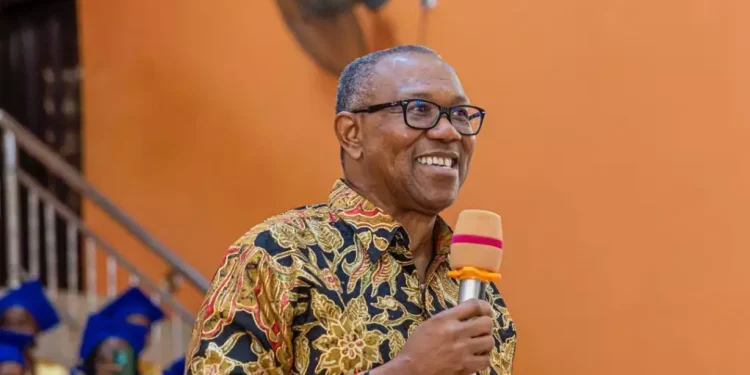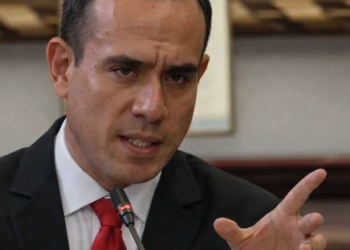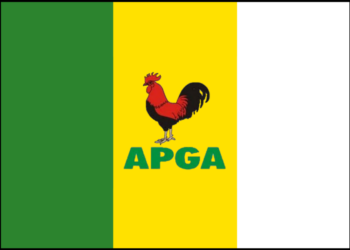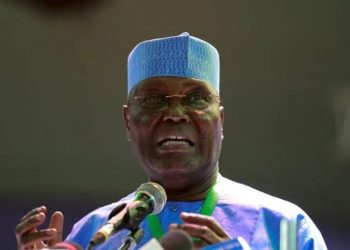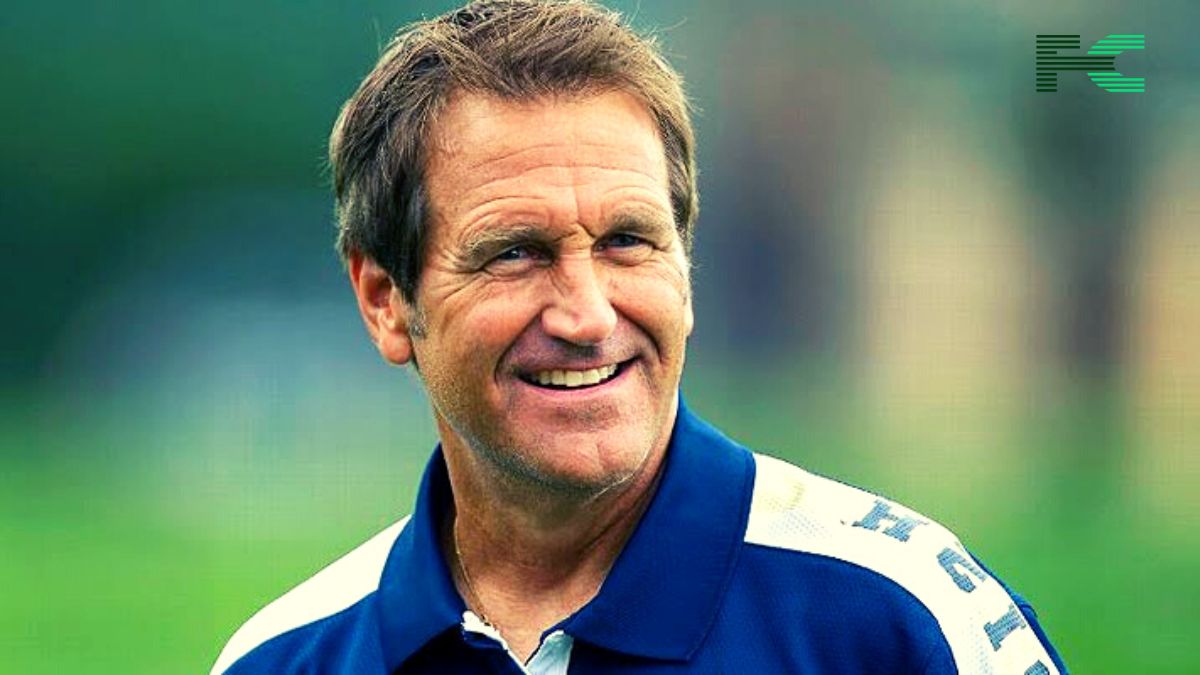Peter Obi has never been short of confidence, and this time he’s promising something bold, that he’ll change Nigeria’s story in four years. It sounds good, but Nigerians have heard many promises before. Still, there’s something about Obi’s calm tone and his obsession with fixing the system that keeps people listening, even when reality keeps disappointing them.
The Return of the Optimist
Peter Obi says he’s contesting again in 2027, and he’s certain he’ll be on the ballot. For him, politics is not a game to quit just because he lost once. “I can change Nigeria’s story in four years,” he said, and you can almost hear that quiet stubbornness in his voice. It’s the same spirit that made him travel from market to market during the last election, talking about savings and productivity while other politicians were spraying cash.
Changing Nigeria’s story in four years is a heavy claim. The country’s problems didn’t start in four years, and they won’t disappear that fast. The roads are broken, the economy is gasping, and the politicians are still dancing in circles. Obi may mean well, but Nigeria doesn’t run on good intentions, it runs on structure and alliances, two things he’s still struggling to control.

The Opposition Mess
Obi’s confidence comes at a time when the opposition is in chaos. With PDP leaders defecting to APC like it’s a clearance sale, and Labour Party still fighting over leadership, the so-called “rescue mission” is beginning to look like a rescue without a boat. Yet, he keeps insisting that all well-meaning Nigerians will “come together” to take back the country. It’s a beautiful idea, but unity in Nigerian politics often lasts only until the next round of appointment letters.
Still, Peter Obi stands out for one reason: he’s not trying to buy loyalty. He’s trying to persuade it. His criticism of recent defections, including those of Enugu’s Peter Mbah and Bayelsa’s Douye Diri, shows he’s not playing the old game. He said, “We are not in a military time when you capture people.” That statement alone tells you he understands what democracy should look like.
The Poverty Reality
Beyond politics, Obi seems genuinely frustrated with the country’s priorities. While politicians are calculating who to join before 2027, he’s talking about the 139 million Nigerians living in poverty. He wonders why poverty isn’t the headline of every national discussion. Maybe that’s his real selling point: he keeps reminding everyone that people are hungry while the political elite are busy defecting and smiling for cameras.
The Four-Year Dream
Still, when Peter Obi says he’ll change Nigeria’s story in four years, it feels both inspiring and risky. Nigerians love hope but are allergic to disappointment. Four years is not a long time, but it’s enough to show direction. If Obi can make Nigerians believe again, even a little, then his words might not just be another campaign slogan.
However, politics in Nigeria is not just about good character; it’s about control. And unless Obi learns to play the power game without losing his values, 2027 might be another round of frustration.

